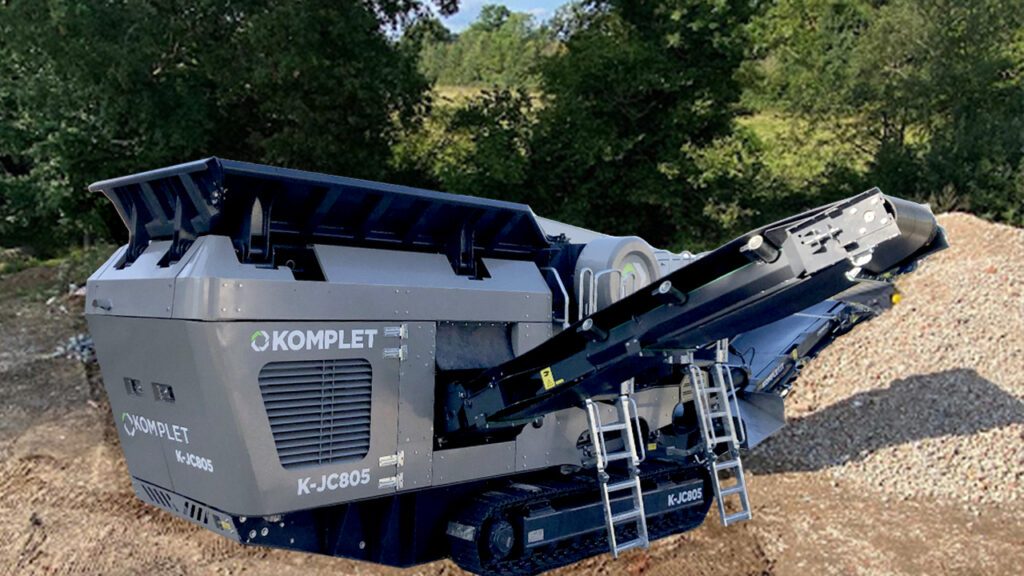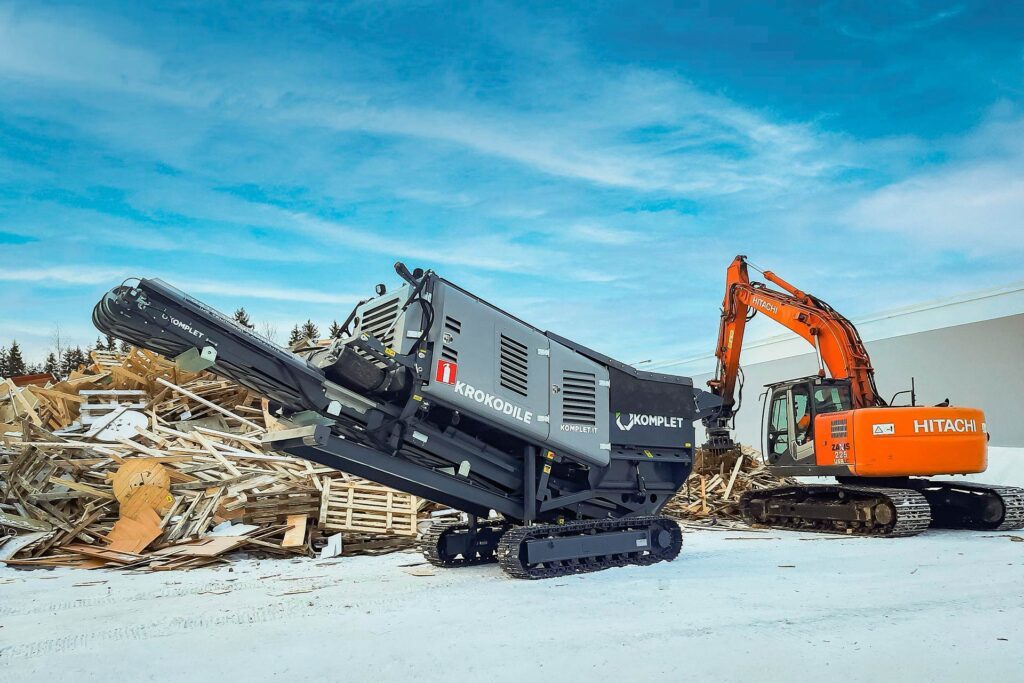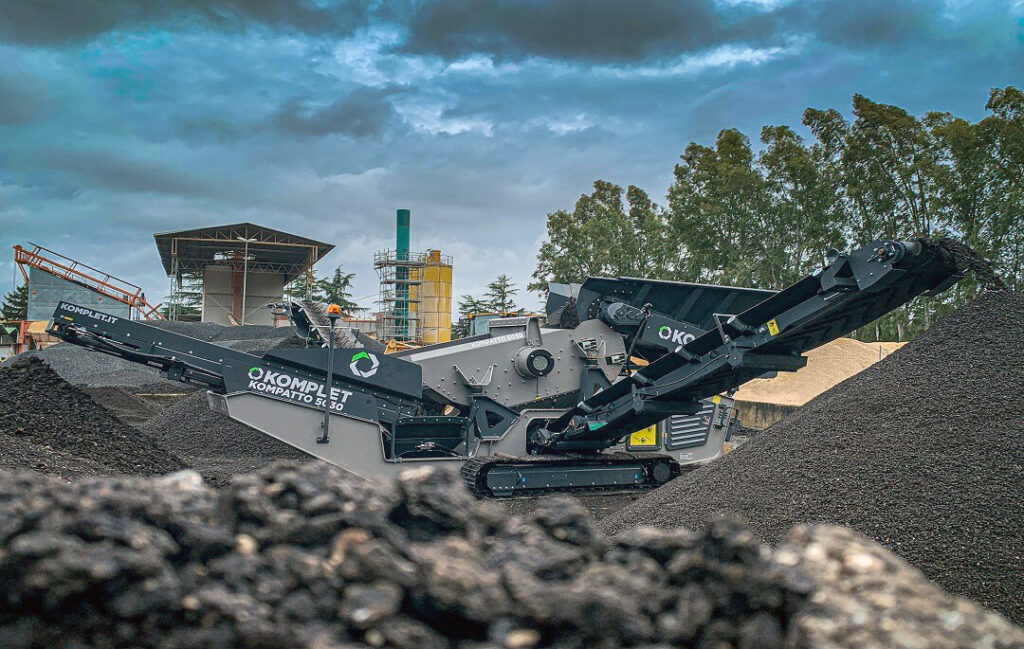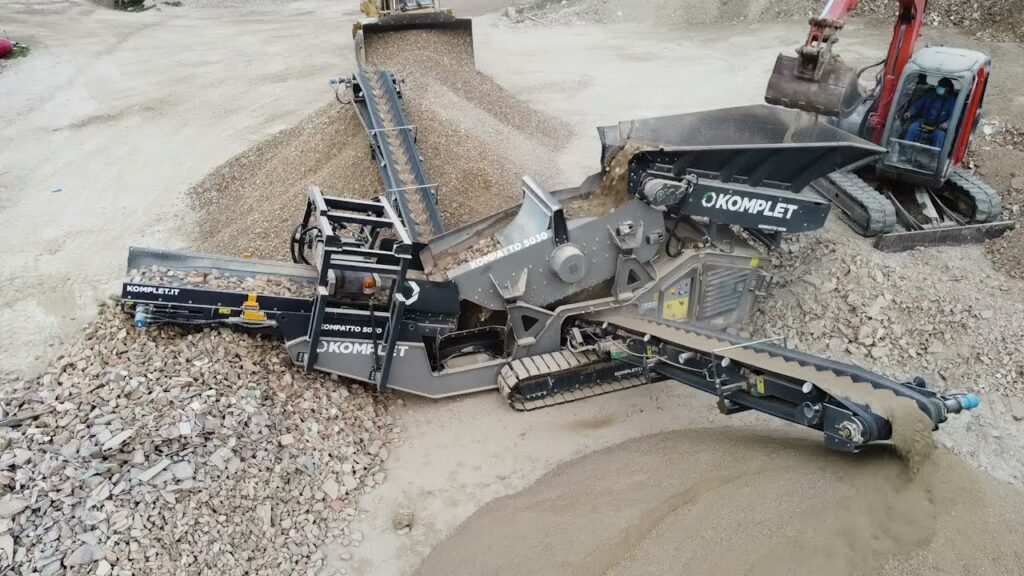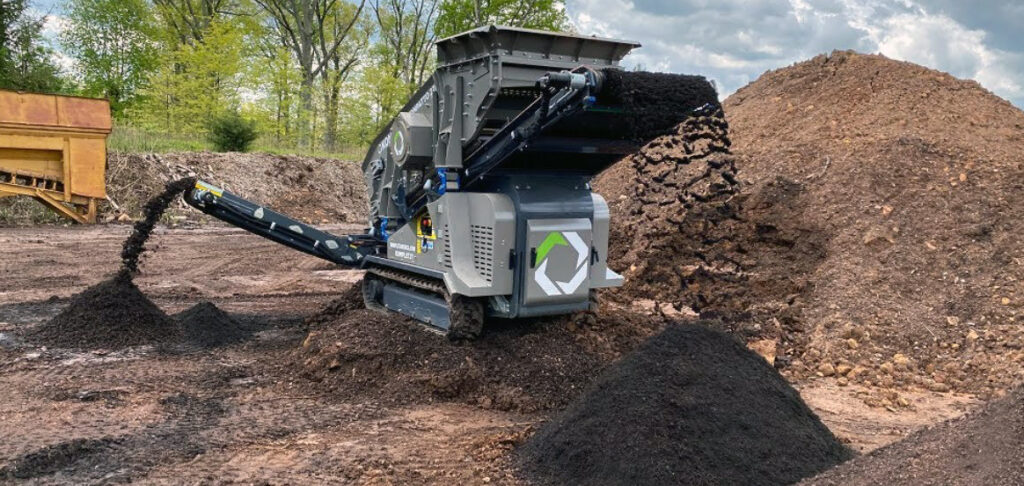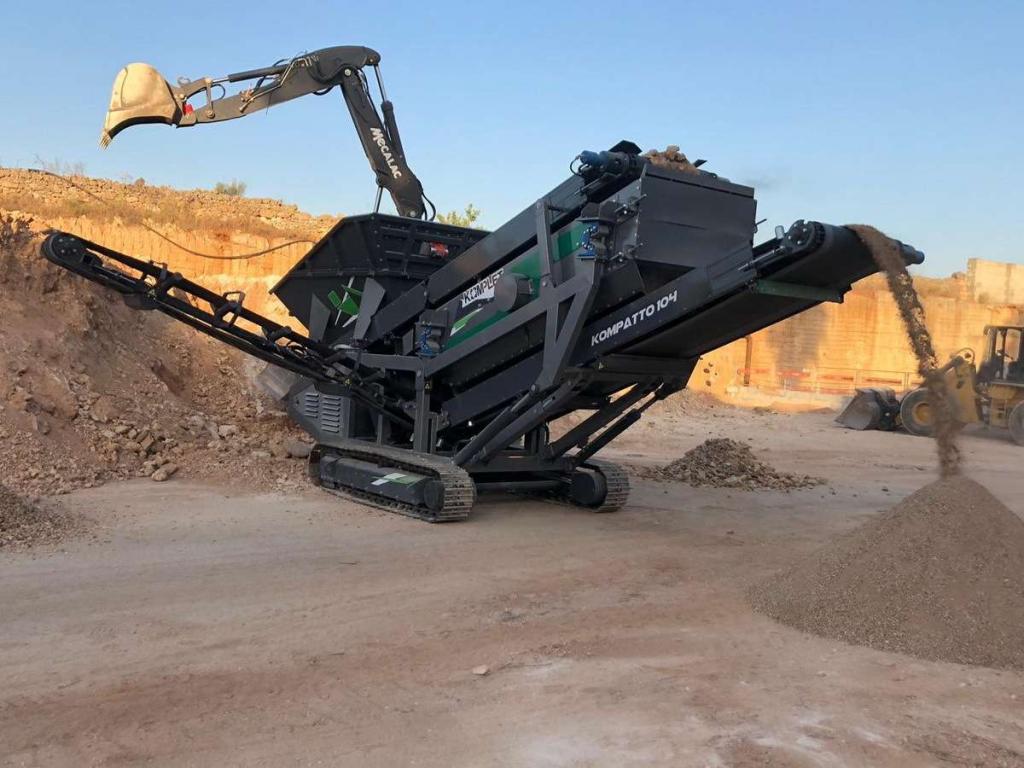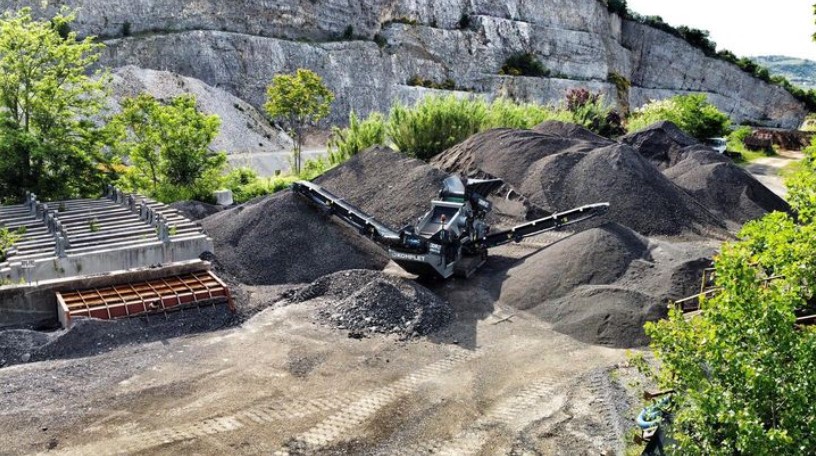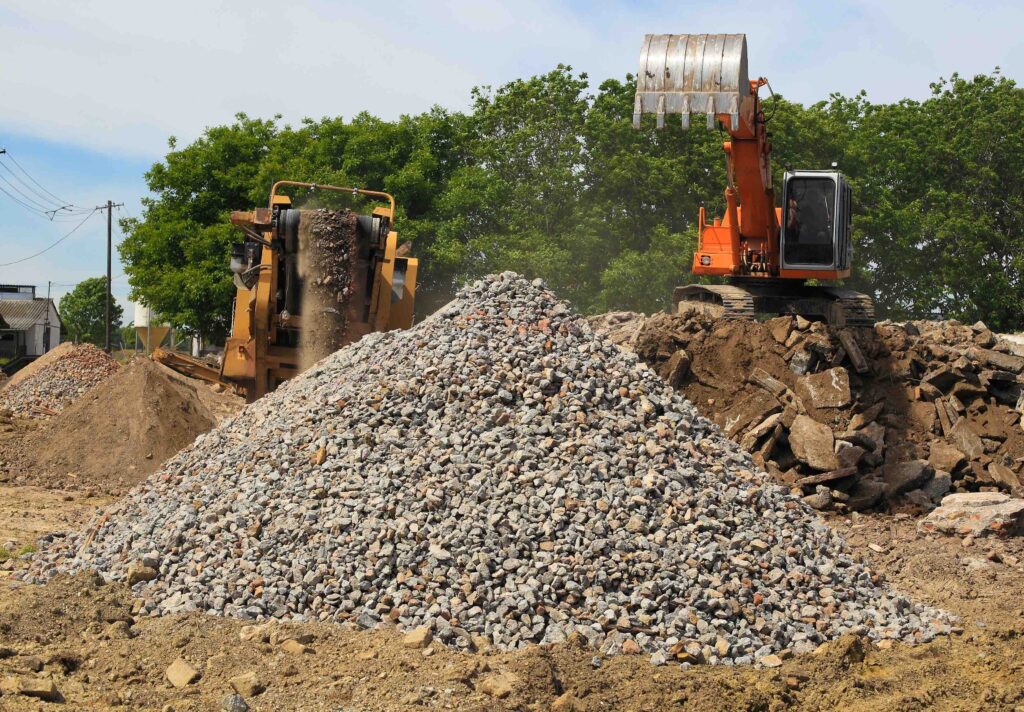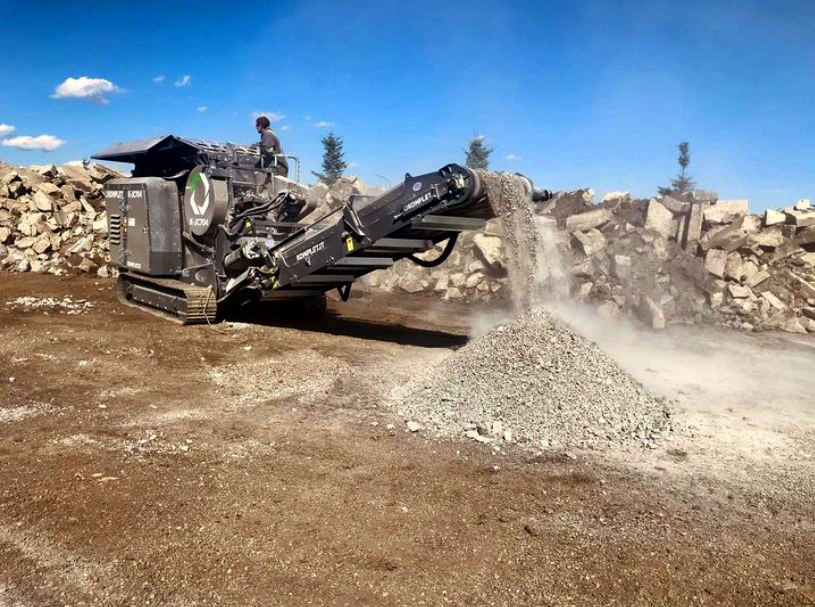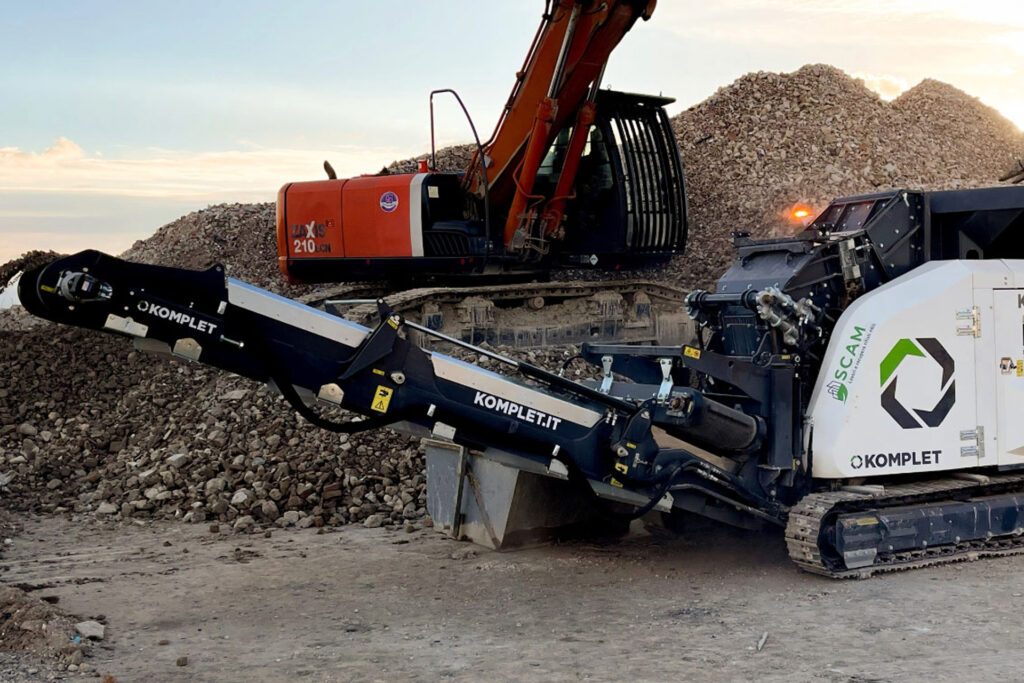Innovative Features in Modern Industrial Crushers: Boosting Productivity and Minimizing Downtime
Industrial crushers have come a long way since their inception, evolving into highly sophisticated machines that play a crucial role in various industries, including mining, construction, and recycling. With advancements in technology, modern industrial crushers are now equipped with innovative features designed to improve productivity, reduce downtime, and ensure efficient and reliable operations. In this blog post, we will explore some of the latest technological features and innovations in industrial crushers that are revolutionizing the industry. 1. Automation and Control Systems One of the most significant advancements in modern industrial crushers is the integration of automation and control systems. These systems enable real-time monitoring and control of crusher operations, allowing operators to optimize performance, adjust settings remotely, and ensure consistent output. Advanced sensors and control software provide valuable data on various parameters such as vibration, temperature, and pressure, helping to predict and prevent potential issues before they lead to downtime. Automation also enhances safety by reducing the need for manual intervention and allowing for remote diagnostics and troubleshooting. 2. Hydraulic Adjustment and Clearing Systems Hydraulic adjustment and clearing systems have become standard features in many modern industrial crushers. These systems allow for quick and easy adjustment of the crusher’s settings, such as the closed side setting (CSS), to achieve the desired product size and optimize throughput. Additionally, hydraulic clearing systems enable operators to clear blockages and jams efficiently, minimizing downtime and maintaining continuous operations. This feature is particularly valuable in mining and quarrying applications where material blockages can be frequent and disruptive. 3. Wear-resistant materials and Components The use of wear-resistant materials and components is another significant innovation in modern industrial crushers. Advanced alloys, ceramics, and composite materials are now used in critical crusher parts such as liners, mantles, and jaw plates, extending their lifespan and reducing the frequency of replacements. These materials are designed to withstand high levels of abrasion and impact, ensuring durability and reliability even in the harshest operating conditions. By reducing wear and tear, these innovations contribute to lower maintenance costs and increased uptime. 4. Energy Efficiency and Environmental Sustainability Modern industrial crushers are increasingly designed with energy efficiency and environmental sustainability in mind. Innovative features such as variable frequency drives (VFDs) and advanced motor technology help optimize energy consumption by adjusting the crusher’s speed and power according to the load. This not only reduces energy costs but also minimizes the environmental impact of crushing operations. Additionally, modern crushers are engineered to produce less dust and noise, improving working conditions and compliance with environmental regulations. 5. Modular and Compact Designs The trend toward modular and compact designs in industrial crushers offers several benefits, including easier transportation, installation, and maintenance. Modular crushers can be quickly assembled and disassembled, making them ideal for applications where mobility and flexibility are essential. Compact designs also allow for the integration of crushers into existing processing plants with limited space, maximizing the use of available resources. These innovations enhance the adaptability of crushers to various operational needs and environments. 6. Real-Time Data Analytics and Predictive Maintenance The incorporation of real-time data analytics and predictive maintenance capabilities is transforming the way industrial crushers are managed and maintained. Advanced sensors and IoT (Internet of Things) technology collects data on crusher performance and health, which is then analyzed to identify patterns and predict potential failures. Predictive maintenance algorithms can forecast when specific components are likely to fail, allowing operators to schedule maintenance proactively and avoid unexpected downtime. This approach not only improves reliability but also extends the lifespan of the equipment. 7. Improved Crushing Technologies Innovations in crushing technologies have led to the development of more efficient and effective crushers. For example, multi-action technology combines the piston and rotating bowl into a single crusher, providing superior performance and reducing operational costs. High-pressure grinding rolls (HPGR) are another innovative crushing technology that offers energy-efficient and high-throughput solutions for various applications. These advancements in crushing technology enhance productivity by delivering higher reduction ratios and better product quality. Conclusion The continuous evolution of industrial crushers, driven by technological advancements, is significantly enhancing their efficiency, reliability, and sustainability. Features such as automation and control systems, hydraulic adjustment and clearing, wear-resistant materials, energy efficiency, modular designs, real-time data analytics, and improved crushing technologies are revolutionizing the industry. By embracing these innovations, industries can achieve higher productivity, minimize downtime, and ensure safe and sustainable operations. As technology continues to advance, we can expect even more groundbreaking features in the future, further solidifying the critical role of industrial crushers in modern industrial processes.
